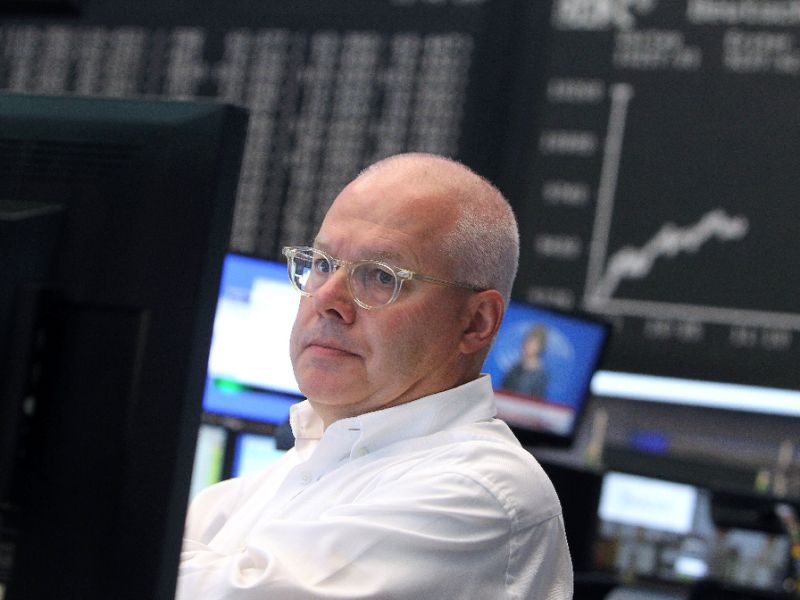German Investor Sentiment Low

EghtesadOnline: German investor confidence came in lower than forecast in September as concerns set in about the global economic outlook.
The Mannheim-based Center for European Economic Research, or ZEW, said on Tuesday its closely watched indicator showed confidence among analysts and institutional investors in Europe’s biggest economy held steady this month at the August reading of 0.5 points, dpa reported.
Economists had expected the closely watched indicator, which points to economic expectations over the next six months, to climb to 2.5 points this month.
Based on a survey of 205 investors, the September reading also meant that ZEW indicator remains well below its long-term average of 24.1 points.
“The current ambiguity of economic impulses from Germany and abroad means that forecasts for the next few months are difficult,” said ZEW President Achim Wambach.
But he went on to say that overall the indicator suggests that “the economic situation in Germany will remain favorable in the coming six months.”
This was despite a 2.5-point fall in the ZEW index measuring the analysts’ assessment of the current—rather than future—situation in the country.
“It is worrying that sentiment has not recovered as worries about the effects of Brexit have eased,” analyst Jennifer McKeown of Capital Economics said, suggesting that “underlying growth in the German economy is set to slow.”
Mixed Data
ZEW said the latest survey showed investors and analysts were grappling with a slew of mixed economic data in recent weeks.
“Economic impulses at home and abroad are currently inconclusive, and make looking ahead to the coming months more difficult,” Wambach said in a statement.
Exports to non-EU countries have slowed, Wambach noted, and German industrial production has shrunk at the same time, AFP reported.
But conditions are improving in Germany’s EU neighbors, which are big customers for its exported goods.
“The confidence survey points to an unchanged good economic situation in the coming half-year,” Wambach said.
ZEW questions analysts and institutional investors about their assessment of the current economic situation and the outlook for the coming months to compile its regular survey, according to Financial Tribune.
While investors’ assessment of the current situation in Germany and the eurozone clouded over slightly, losing 2.5 and 0.2 points, their future outlook for the eurozone brightened compared with the previous month, gaining 0.8 points to reach 5.4.
Eurozone expectations leveled off from August, when the barometer climbed sharply as it recovered from July’s post-Brexit fall to its worst level in four years.
Trade Worsens
Germany’s trade picture worsened in July, while industrial output fell at the fastest pace in nearly two years, a sign Europe’s largest economy was buckling under the weight of weak international demand.
Exports plunged 2.6% in July and 10% from a year ago, the Federal Statistics Office, Destatis, reported Friday. In year-over-year terms, that marked the biggest fall since 2009. Imports also fell unexpectedly for the first time since April.
As a result, Germany’s trade surplus narrowed to €19.4 billion ($21.8 billion) from €21.4 billion, the lowest since January.
Germany’s trade picture hasn’t seen much progress over the past 18 months. In adjusted terms, exports are back to their January 2015 level, according to The Wall Street Journal.
Destatis also reported this week that industrial production, a broad measure of factory output, fell 1.5% in July, confounding expectations for a 0.2% advance. That was the biggest drop since 2014. Compared to a year ago, industrial output declined 1.2%.
As the G20’s third largest exporter in absolute terms, Germany relies heavily on international trade. But with international demand waning, the German economy is expected to face stronger headwinds in the second half of the year.
Germany’s gross domestic product expanded 0.4% in the second quarter, down sharply from 0.7% in January-March. That only partially outpaced the eurozone’s 0.3% expansion. The economy is expected to grow just 1.6% this year before slowing to 1.2% in 2017, according to the latest estimates from the International Monetary Fund.


